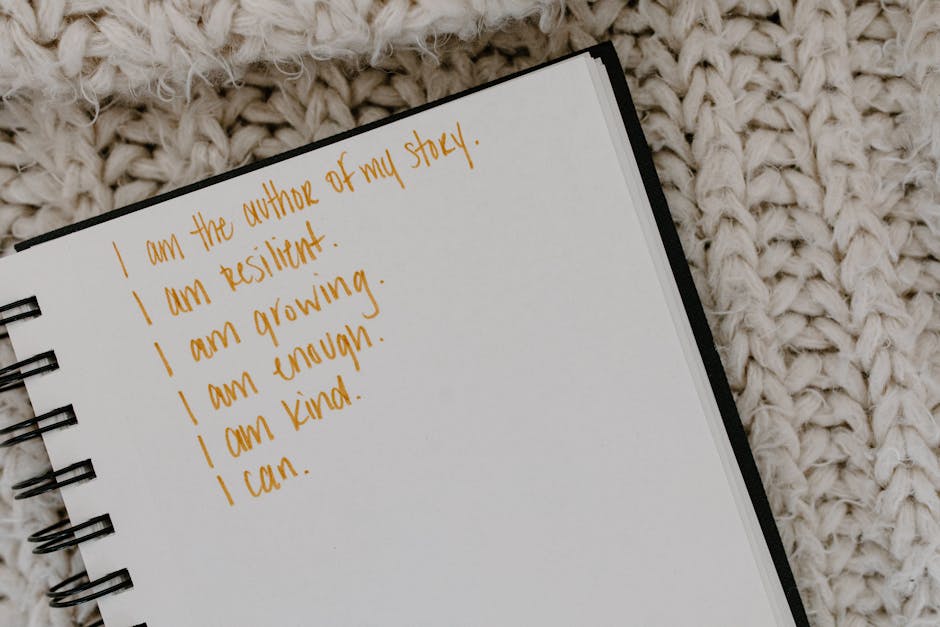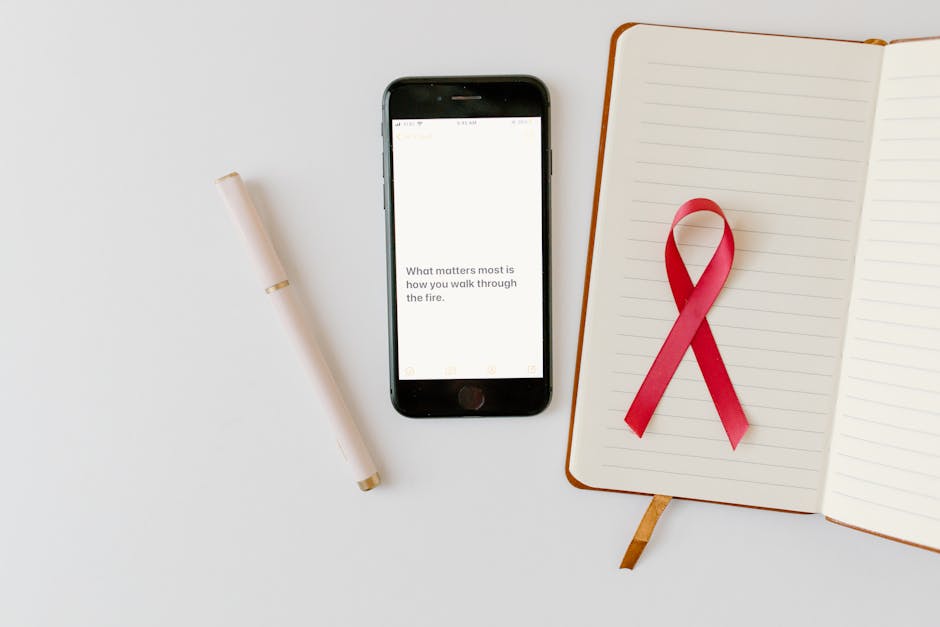The Benefits of Journaling for Wellness
Have you ever considered journaling? Many people don’t realize that writing down their thoughts and feelings can be a powerful tool for wellness. Studies show that journaling can improve mental health, boost creativity, and even enhance problem-solving skills. Lets explore the many benefits of journaling and how you can make it a part of your daily routine.
What is Journaling?

At it’s core, journaling is simply writing down your thoughts and feelings. It can take many forms, from keeping a diary of daily events to writing down your hopes and dreams. The key is to express yourself freely and without judgment.
There are no rules in journaling. You can write as much or as little as you want. You can doodle, list things, or even write letters to yourself. This flexibility allows journaling to fit into anyones life.
How Does Journaling Benefit Mental Health?

One of the main benefits of journaling is it’s positive impact on mental health. Research has shown that regular journaling can reduce symptoms of anxiety and depression. But how does this work?
- Emotional Release: Writing gives you a safe space to express feelings. When you put your thoughts on paper, it helps you process emotions.
- Clarity: Journaling can help you clarify your thoughts. When you’re confused or overwhelmed, writing can bring focus.
- Stress Reduction: Getting thoughts out of your head can lighten your mental load. This can lead to lower stress levels.
Many therapists recommend journaling as a way to cope with stress. It helps you make sense of what’s happening in your life. As author and psychologist James Pennebaker states, Expressive writing is a useful tool in helping people cope with emotional upheaval.
Can Journaling Boost Your Creativity?

Absolutely! Journaling can unlock your creative potential. When you write regularly, you train your brain to think outside the box. This can lead to fresh ideas and new perspectives.
How does journaling enhance creativity? Here are some ways:
- Free Writing: Let your thoughts flow without worrying about grammar or structure. This freedom can lead to surprising ideas.
- Mind Mapping: Create visual maps of your thoughts. This technique can help you connect ideas in unique ways.
- Prompts: Use writing prompts to spark your imagination. These can be questions or themes that get your creative juices flowing.
Many famous creatives, like authors and artists, keep journals. They use them to capture fleeting ideas. This practice helps them stay inspired and focused.
How Can Journaling Improve Problem-Solving Skills?

Another surprising benefit of journaling is it’s ability to enhance problem-solving skills. When faced with a challenge, writing it down can provide clarity.
Heres how journaling can help you tackle problems:
- Breaking Down Issues: When you write out a problem, you can divide it into smaller parts. This makes it easier to see solutions.
- Exploring Options: Write down potential solutions without judging them. This encourages creative thinking.
- Reflecting on Outcomes: After making a decision, jot down the results. This helps you learn from successes and failures.
For instance, if you’re unsure about a big decision at work, try writing it down. List the pros and cons, and see what stands out. This simple practice can lead to better choices.
What Types of Journals Can You Keep?
There are many types of journals you can keep. Choosing the right one for you can enhance your experience. Here are a few popular options:
- Daily Diary: Record your daily experiences and feelings.
- Gratitude Journal: Write down things you are thankful for each day.
- Dream Journal: Capture your dreams and explore their meanings.
- Bullet Journal: Use lists and short entries to track tasks and goals.
Each type offers unique advantages. Explore different styles to find what resonates with you. You might even combine them!
When is the Best Time to Journal?
Finding the best time to journal depends on your schedule and preferences. Here are some common times people find effective:
- Morning: Start your day with a clear mind. It can set a positive tone for the day ahead.
- Evening: Reflect on your day. This can help you unwind and process your experiences.
- Whenever You Need: If you’re feeling stressed or overwhelmed, write it down anytime.
Experiment with different times. You might find that journaling in the morning energizes you, while evening writing helps you relax.
What Supplies Do You Need for Journaling?
You don’t need fancy supplies to start journaling. Heres a simple list to help you get going:
- Notebook: Choose one that feels good to you. It can be a simple spiral notebook or a beautiful leather-bound journal.
- Pen or Pencil: Pick something you enjoy writing with. This can make journaling feel more special.
- Quiet Space: Find a comfortable place where you can focus and feel at ease.
Remember, the goal is to express yourself. it’s not about perfection. Just write!
Common Misconceptions About Journaling
Many people have misconceptions about journaling. Lets clear a few of them up:
- I Have to Write Every Day: Not true! Write whenever you feel inspired.
- I Must Write Perfectly: Your journal is for you. don’t worry about spelling or grammar.
- Journaling is Just for Teenagers: People of all ages can benefit. it’s never too late to start!
By understanding these myths, you can approach journaling with an open mind. it’s about you and your journey.
How Do You Get Started with Journaling?
Getting started with journaling is easy! Here are some steps to help you begin:
- Choose Your Journal: Pick a notebook that speaks to you.
- Set a Routine: Decide when you want to write and stick to it.
- Start Simple: Write a few sentences about your day or feelings. don’t stress about what to say.
- Use Prompts: If you’re stuck, use prompts to inspire you. You can find many online or create your own.
Starting small can lead to big changes. The more you write, the more natural it will feel.
What Are Some Actionable Takeaways?
Heres a quick recap of the benefits and tips for journaling:
- Journaling can improve mental health by reducing stress and anxiety.
- It boosts creativity and enhances problem-solving skills.
- Choose a journal type that fits your styletheres no right or wrong way.
- Start with a few sentences and let your thoughts flow.
Try to set aside a few minutes each day or week for journaling. The more you practice, the more benefits you will see.
Remember, journaling is a personal journey. Enjoy the process, and let it be a tool for your wellness!
For more on wellness techniques, check out our post on meditation benefits.
Are you ready to start your journaling journey? Grab a notebook and a pen, and let your thoughts flow!



